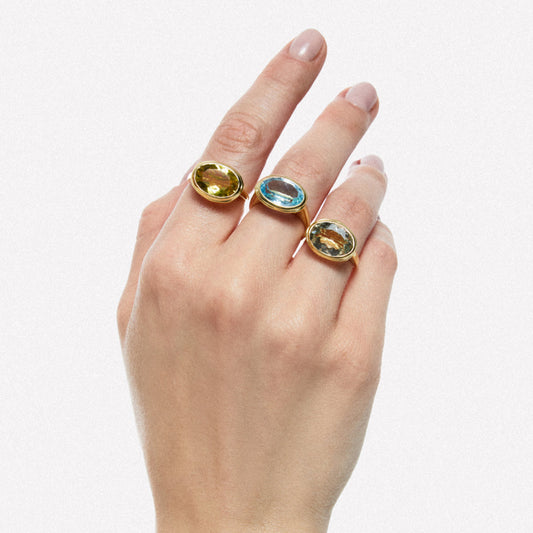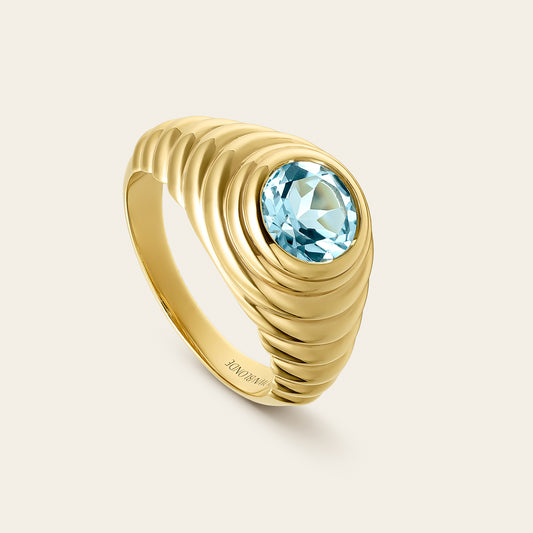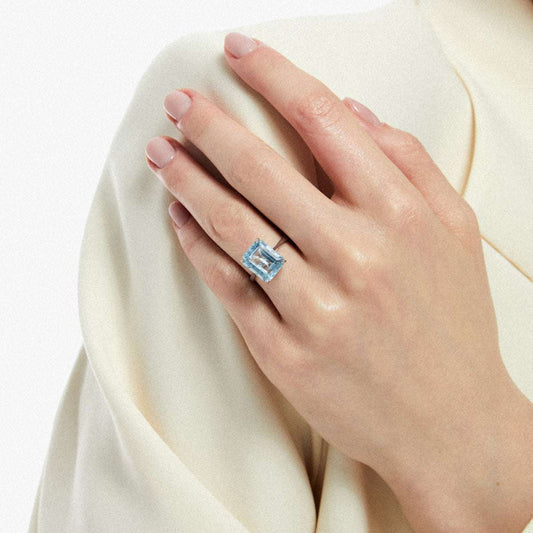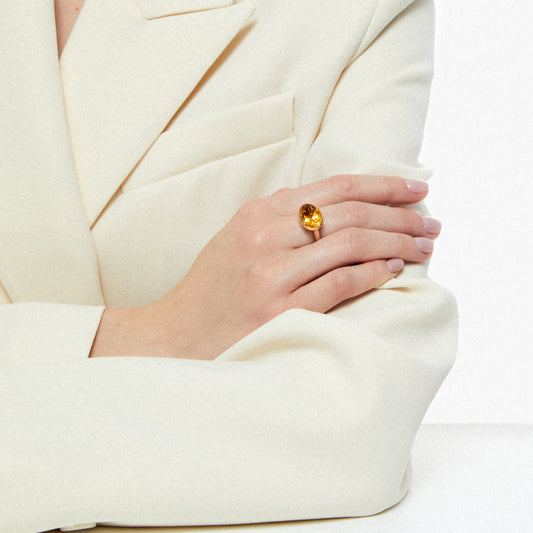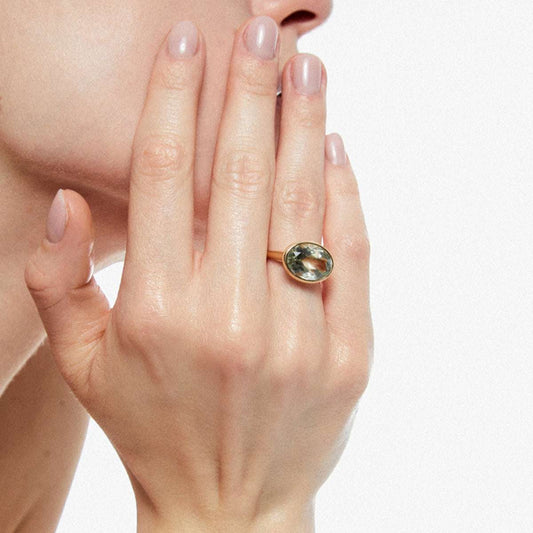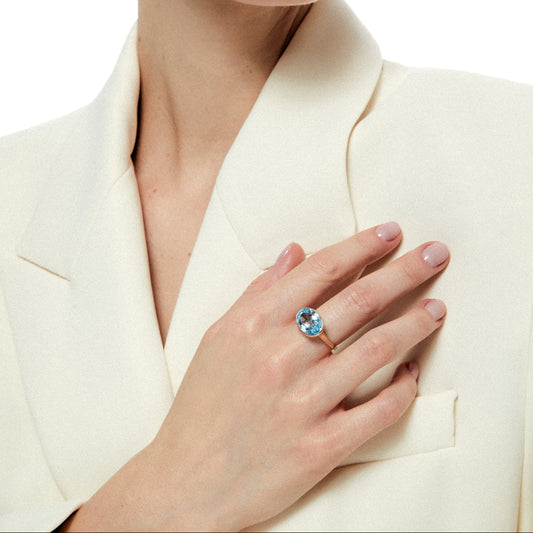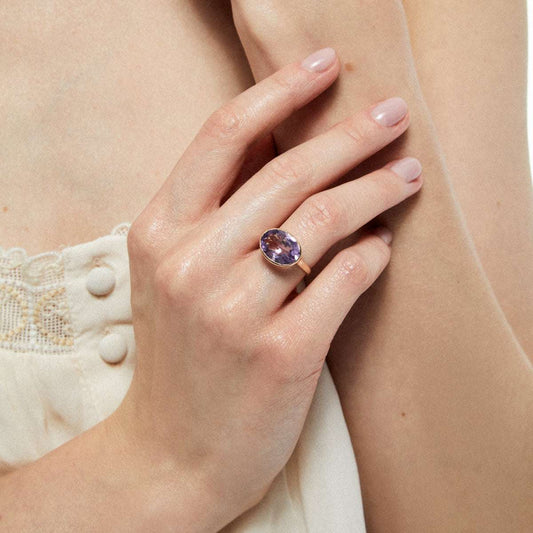Amethyst, February birthstone stone

Today, the most important amethyst deposits are found in Brazil and Uruguay and most of the world's supply comes from those mines.
Other locations for major commercial amethyst producers include Bolivia, Tanzania, and Zambia, but February birthstones can be found all over the world.
As a variety of quartz, amethyst is considered a hard gemstone. It is rated 7 out of 10 on the Mohs hardness scale, with ten being the hardest (diamond).
This is an important distinction because only gemstones and other materials higher than 7 can scratch amethyst.
Amethyst has good toughness and is very stable, although it should not be subjected to sudden changes in temperature, which can cause fractures; or prolonged exposure to strong light, which may cause colors to fade. Additionally, it can be damaged by alkaline solutions such as bleach and metal polishes.
Amethyst is considered a durable gemstone that is appropriate for all jewelry styles.
As with all jewelry, especially crystals like amethyst, it is important to remember that they can chip or break; Therefore, it is recommended to take proper care when using or cleaning them.

